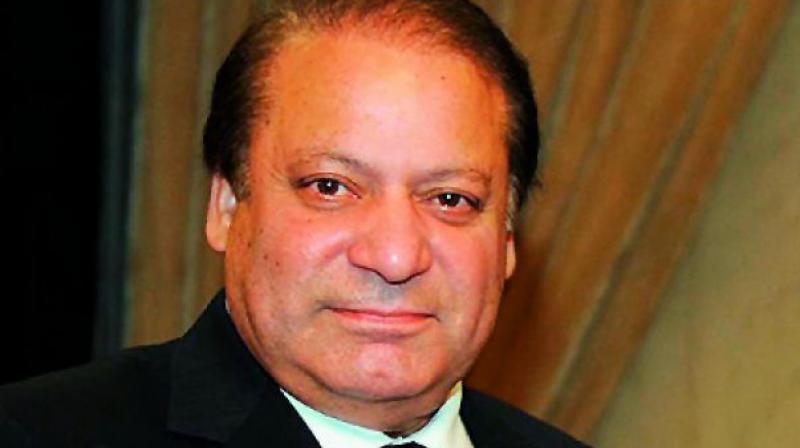Pressure on Sharif to give Army free hand

Pakistan Prime Minister Nawaz Sharif’s fate is said to hang in the balance in light of the publication of the Panama papers and the legal and political processes that have been set off. In April, the Supreme Court ruled in a 3-2 judgment that the case against Mr Sharif was not conclusive and ordered a joint investigation team (JIT) to probe the allegations. The JIT findings are damaging to the PM. Is Mr Sharif in serious trouble, and if so are there implications for India? On Monday, the Pakistan Supreme Court began hearing the different parties — those seeking his resignation and those questioning the JIT findings. Due to the Army’s complete control on all other institutions in the country, questions will be asked about the genuineness of the noise raised by the Opposition parties against Mr Sharif’s continuance. For the same reason, the integrity and impartiality of Pakistan’s highest court has been a subject of scrutiny.
The Army on Sunday pointedly sought to distance itself from JIT-related concerns, but few are likely to take these disavowals at face value. A member of the JIT is from the all-powerful spy agency Inter-Services Intelligence, and another from military intelligence. This alone raises a question mark over its findings. The vociferous opposition to Mr Sharif’s continuance has come from Pakistan Tehreeq-e-Insaf leader Imran Khan, who has often given the impression of furthering the military’s agenda. The JIT has asked for the reopening of 15 old corruption-related cases against Mr Sharif. A large number of these are from the time when Gen. Pervez Musharraf had seized power in a coup, overthrowing Mr Sharif’s then government.
Given the overall context, it would appear the Army is trying to bring inordinate pressure on the PM so that he may meekly let the military men do whatever they want without asking too many questions, rather than simply eject him. Two other points are relevant here. The end of Mr Sharif’s elected term is just a year away. Two, America’s AfPak policy under President Donald Trump is expected to be announced shortly. A military-abetted civilian sector coup against the elected PM could seriously impact aid disbursal to Pakistan by the United States. The chances are that Mr Sharif will continue but with ventilators attached. From the Indian perspective, this means the cold spell in bilateral ties could continue or even intensify, as there won’t be even a notional counterweight to the military in decision-making regarding India.

